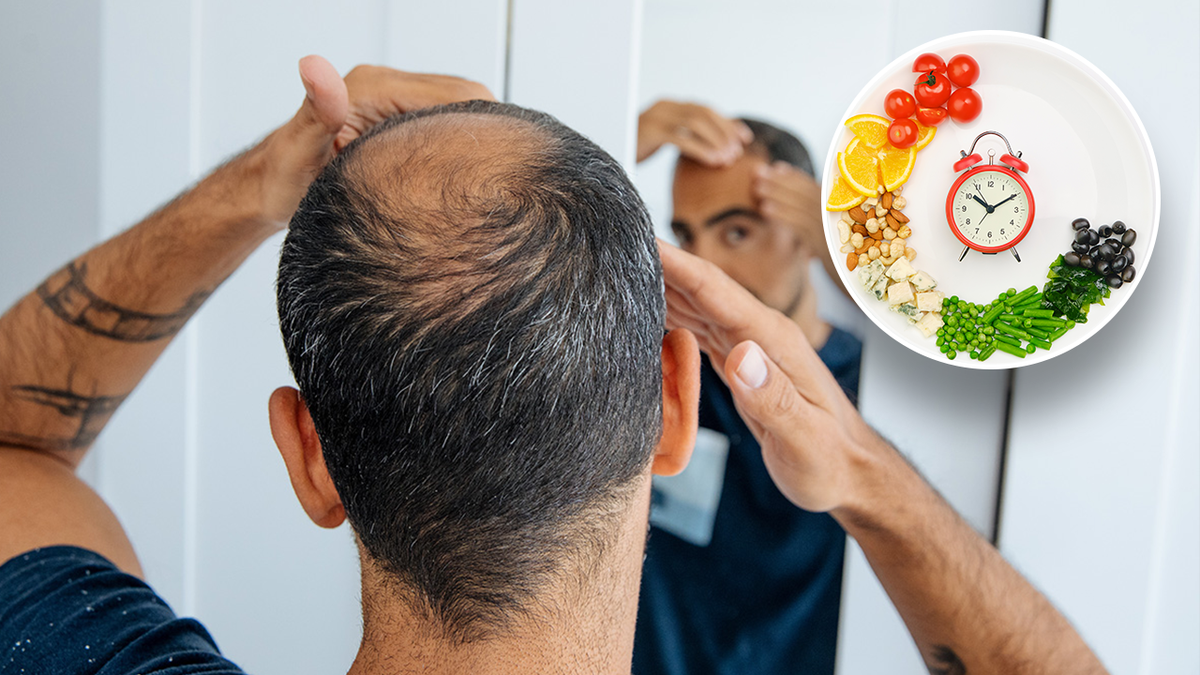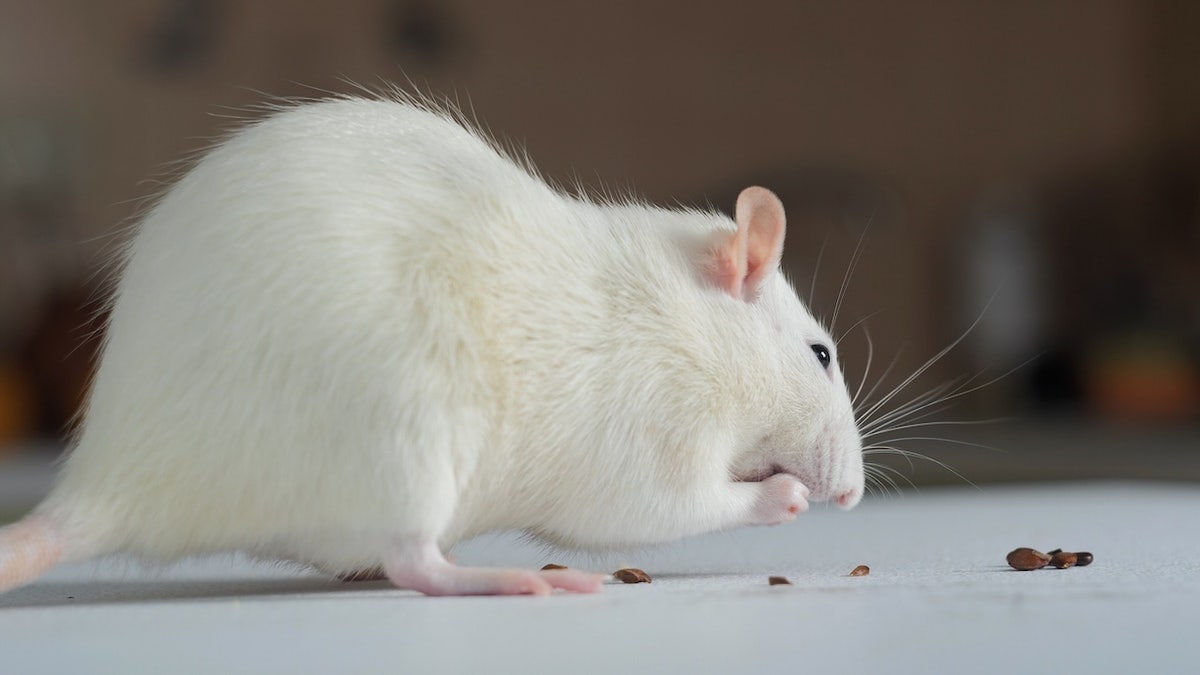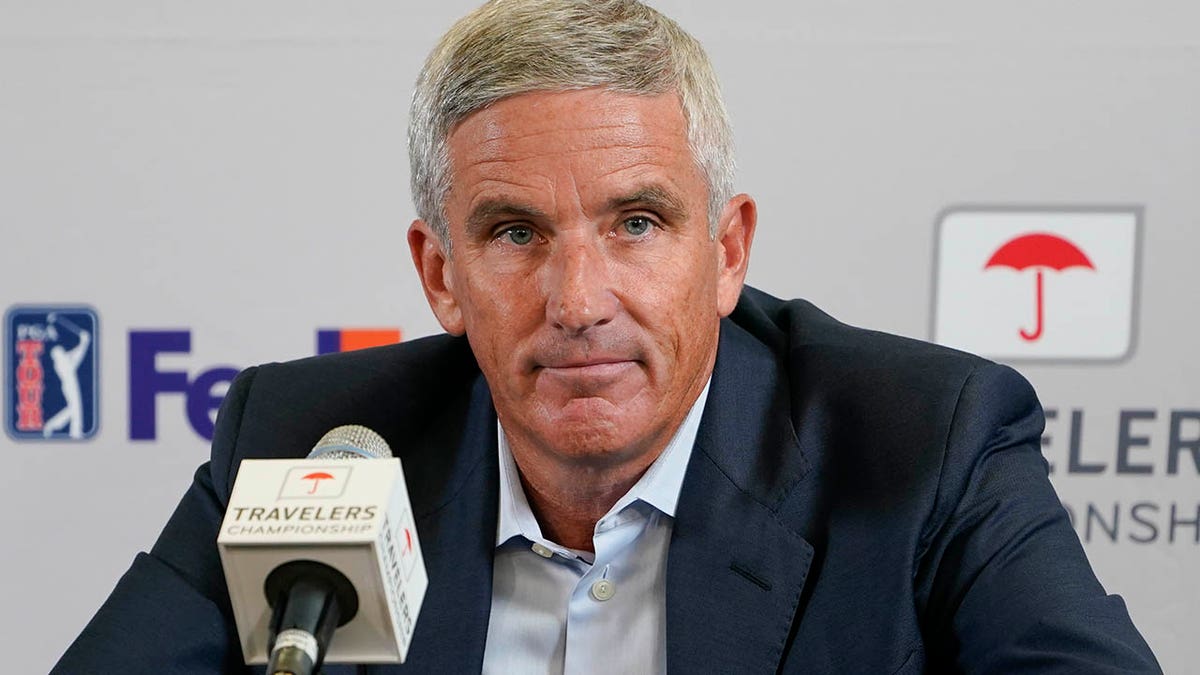Could your diet be impacting your hair growth? A recent study from Westlake University in China suggests a link between intermittent fasting (IF) and reduced hair growth in both mice and humans. Intermittent fasting, often involving an eight-hour eating window and 16 hours of fasting, has been praised for potential benefits like weight management, improved heart health, and enhanced memory, according to sources like Johns Hopkins Medicine.

However, this new research, published in the journal Cell by Cell Press, indicates a potential downside. The study observed mice on various IF schedules and found that those following a normal eating pattern regrew shaved hair within 30 days. In contrast, the fasting mice showed only partial regrowth after 96 days. The study suggests that prolonged fasting might activate the adrenal glands, hindering tissue regeneration during periods of inconsistent nutrient intake.
This disruption is also attributed to stress on hair follicle stem cells, which reportedly "died off" in the fasting mice after extended fasting periods. While the mice showed improved metabolic health alongside slower hair regeneration, the researchers caution that the effects on humans could differ due to variations in metabolic rate and hair growth patterns.

A subsequent human clinical trial involving 49 healthy young adults on an 18-hour daily fasting regimen revealed an average 18% reduction in hair growth. Dr. Brendan Camp, a board-certified dermatologist, notes that the study suggests fasting can impact the hair follicle growth cycle. He hypothesizes that the oxidative stress resulting from the body's shift to metabolizing fat instead of glucose during fasting may be a contributing factor.

To encourage hair growth, Dr. Camp recommends dietary adjustments focusing on nutrients like iron, selenium, zinc, biotin, folate, and vitamin D to address potential deficiencies contributing to hair loss. He also cautions against crash diets and rapid weight loss, which can trigger telogen effluvium, a condition characterized by significant hair shedding in response to stressful health events.
The study was backed by several organizations, including the National Natural Science Foundation of China and the Westlake Laboratory of Life Sciences and Biomedicine.








